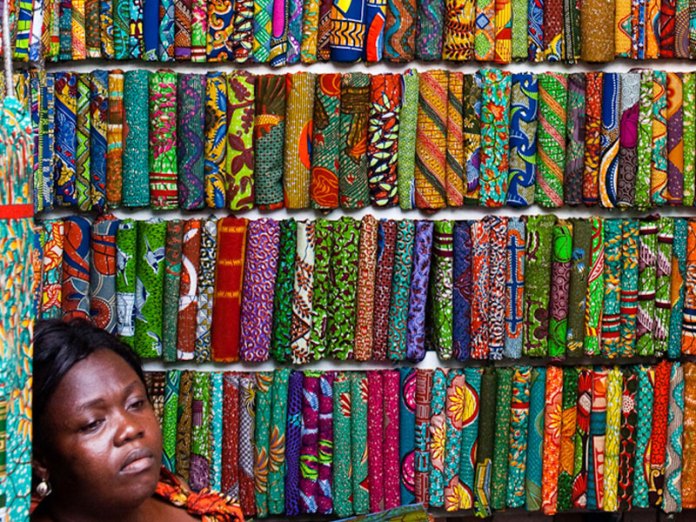Economy
Total Debt in Nigeria, Other Low and Middle Income Countries Hit 50-Year High – World Bank

The World Bank Group has said COVID-19, the ongoing Ukraine war and rising global interest rates have pushed public debt in Nigeria and other low and middle-income nations to a 50-year high, an equivalent of over 200% of government revenue.
The Washington-based bank said in a report titled, “Raising the Bar on Debt Transparency”.
The report read in part, “Total public debt stands at an alarming 50-year high in low- and middle-income economies, the equivalent of more than 200 percent of government revenues.”
In the bank’s recent International Debt Statistics 2022 report, it said COVID-19 bolstered the external debt burden of the world’s low-income countries by 12% to $860 billion in 2020, the fastest accumulation since World War II.
According to the report, despite the huge debt burden being faced by many governments, it was often hard to quantify the extent of public debt liabilities. In fact, many low and middle-income nations were accused of not disclosing their debt data and sometimes publishing incomplete data to hide the extent of their liabilities.
“ ‘Raising the Bar on Debt Data Transparency’ was the subject of a recent panel discussion, co-hosted by the World Bank Group Chief Economist and the Executive Director for Japan at the World Bank. The event brought together a panel of experts from borrower and creditor countries, academia, and the World Bank, who discussed ongoing efforts and concrete actions to support debt data transparency,” it said.
Speaking on Nigeria’s rising debt, Sheriffdeen Tella, a professor of Economics at the Olabisi Onabanjo University, said the bad habit of taking poor economic decisions had led Nigeria to its present position.
“We have talked about it all the while. We have spoken that we should slow down on these debts, but the government doesn’t seem to care. They are looking at debt-to-GDP ratio. This is not appropriate because even the GDP that we are talking about, are we sure of the figure? What we should be looking at is not debt-to-GDP, but revenue.”
Investors King had reported that Nigeria spent N896.56 billion on debt servicing in the first quarter (Q1) of 2022, an increase of 109% from N429.4 billion recorded in the final quarter of 2021. Presently, Nigeria’s total public debt stood at N41.60 trillion in the first quarter of 2022.